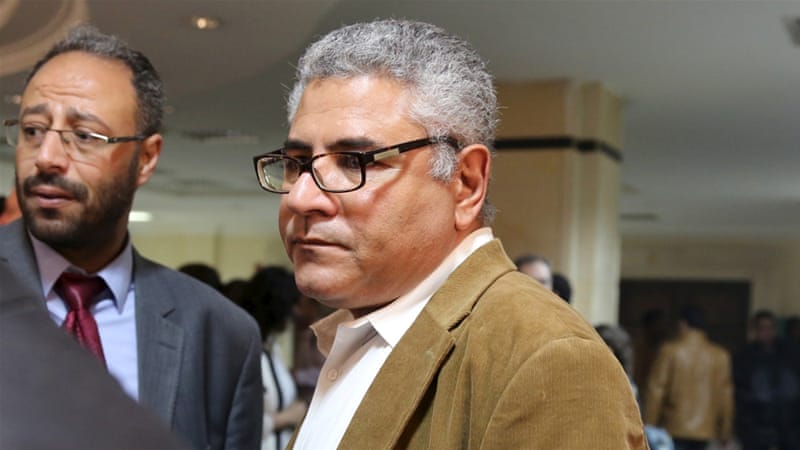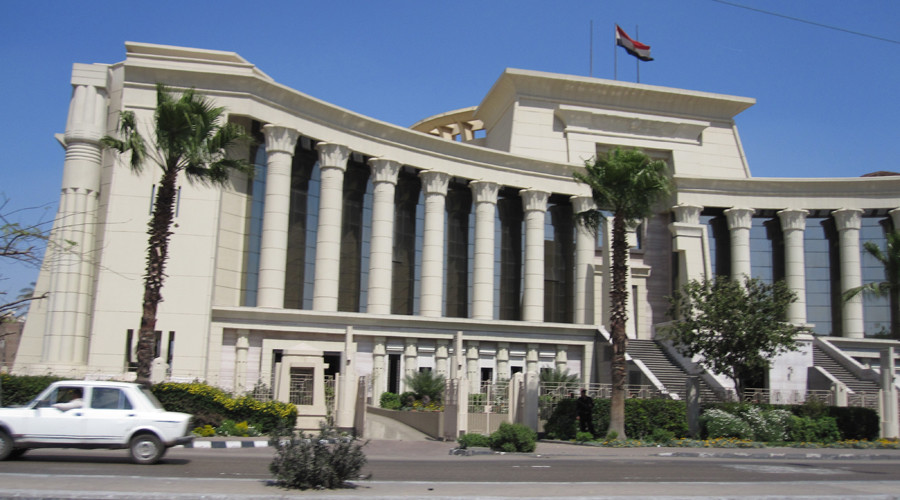by Yesim Usluca
Impunity Watch Reporter, Middle East
DAMASCUS, Syria — On Monday, September 19th, an aid convoy near the Syrian city of Aleppo was struck by an air strike hours after the army declared the end of a U.S.-Russia ceasefire.

The aid convoy was intended to deliver aid to 78,000 individuals in Aleppo. A U.N. spokesperson confirmed that at least 18 of the 31 trucks in the convoy were destroyed. A witness at the scene indicated that the trucks were parked at a Syrian Red Crescent location when they were hit by approximately five missile strikes. The Red Crescent stated that approximately 20 civilians and at least one of its volunteers were killed in the attacks. It has suspended its operations for three days in protest. It further stated that the attack may have “serious repercussions” for its humanitarian work in the area. The U.N. has also suspended all aid convoy movement in Syria.
The Syrian Observatory for Human Rights stated that the attacks were carried out by either Russian or Syrian aircraft. U.S. State Department spokesman John Kirby noted that the destination of the convoy was “known to the Syrian regime and Russian Federation.” He further stated that the aid workers were “killed in their attempt to provide relief to the Syrian people.” The U.N. Aid Chief, Stephen O’Brien, declared that the “callous attack” would amount to a “war crime” if it was found to be deliberate. Russia has denied that its aircraft or those of its Syrian government allies were involved.
The ceasefire between the U.S. and Russia went into effect on September 12th. It was the most recent attempt to bring enough peace to the country to allow political negotiations to begin. A key part of the cessation involved humanitarian aid deliveries to civilians in besieged areas. The agreement further entailed halting fighting between government and rebel forces across Syria. If the ceasefire held, the U.S. and Russia were to set up a joint military cell to target the Islamic State group.
Despite an initial drop in fighting following the ceasefire, violence began to escalate late last week. The deal came under strain on Saturday, September 17th when a coalition strike led by the U.S. hit a Syrian army post near the eastern city of Deir Ezzor. The Syrian Armed Forces General Command issued a statement on Monday, September 19th declaring that the ceasefire had ended. Following this announcement, the Syrian Observatory for Human Rights reported that jets fired strikes, killing and wounding individuals in the Aleppo region. The U.N. Security Council is scheduled to hold a meeting regarding Syria and the ceasefire on Wednesday, September 21st.
For more information, please see:
CNN—Syrian ceasefire: Is it all over?—20 September 2016
Reuters—Russian aircraft believed to hit Syria convoy, U.S. officials say—21 September 2016
BBC News—Syria conflict: US ‘outraged’ over aid convoy attack—20 September 2016
NPR—Syrian Cease-Fire Negotiated By U.S., Russia Goes Into Effect—12 September 2016



